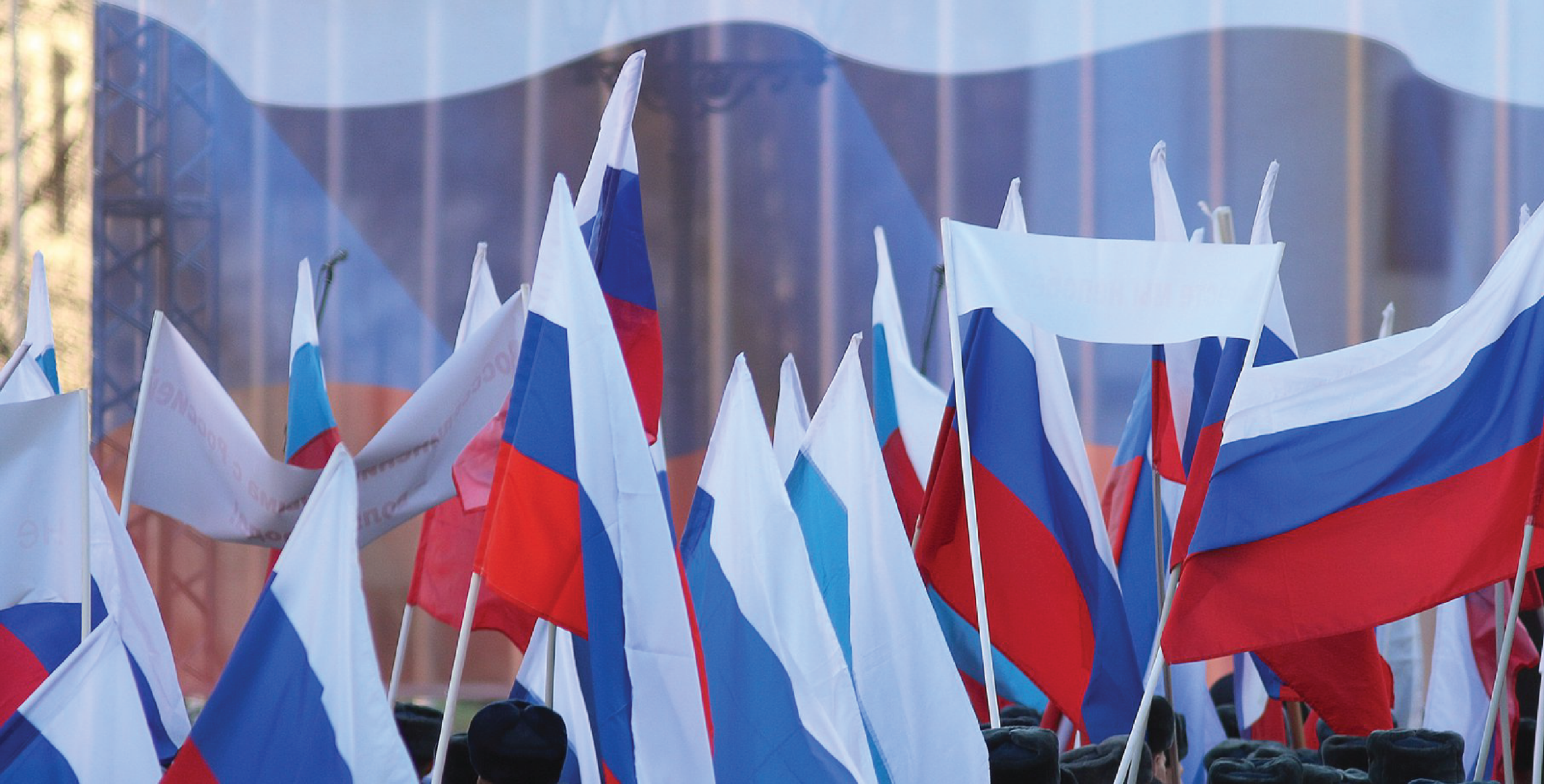Moscow, February 21. A year after the start of the war in Ukraine, it is still euphemistically called a “special military operation” in Russia. But in real life, citizens’ concern is growing as their rights are increasingly restricted.
“People are convinced that the Russian army will win, this is how 71% of respondents answer, but doubts and fears are growing despite propaganda efforts,” said Lev Gudkov, director of the independent center Levada, at GLM.
PILLS AGAINST REALITY
According to surveys, the demand for sleeping pills, antidepressants and various tranquilizers has increased sharply in Russia.
Between January and September 2022 alone, Russians spent 70% more on antidepressants than during the same period in 2021, a survey by the “Frank Brand” project reveals.
The concern of the Russians doubled last September (up to 69%), when the authorities announced an unexpected mobilization. This barometer rises each time rumors of a new reservist call-up surface.
Gudkov explains that the prospect of military defeat and the political and social crisis it would bring are a constant source of “mass anxiety and phobias”.
WHO SUPPORTS THE KREMLIN?
“The core (of fervent supporters of the war) is made up of 10% of the electorate,” says analyst Abbas Galliamov, who wrote speeches for Russian President Vladimir Putin.
Within this group, he adds, the position of the Russian leader is an irrefutable dogma. The next group is made up of 20% of citizens, who agree with the Kremlin’s discourse, but “reject the repressions”.
These people, he says, “will be relieved” if peace is achieved in Ukraine despite apparent support for the military campaign.
Polls indicate that support for the war campaign has remained between 71% and 77% for the past year. At the same time, more than half of Russians want peace negotiations.
WALL OF SILENCE
Moreover, there are 25% of citizens who had never shown any interest in politics, the so-called “apolitical”, according to Galliámov. At the start of the offensive, many of these people supported the Kremlin.
“It gave the impression that all of Russia was for it, but it was not all of Russia, but those who were not involved in politics before. And now they are going in the opposite direction. They are losing everything interest and become depoliticized,” he said. said.
In the opinion of the director of Levada, the resignation of the Russians is linked to “aggressive and completely anti-Western and anti-Ukrainian” propaganda, as well as strict censorship of the media.
DISSENTING VOICES
Among those who dare to revolt, many have become extras in administrative (5,601 people) and criminal (420 people) cases.
At the same time, the number of arrests for criticizing the military campaign rose to 20,000 and most of the cases occurred during pacifist acts, the OVD-Info portal said.
Thus, several people were arrested defying the Kremlin in isolated pickets after the bombardment of a building which left dozens dead in the Ukrainian city of Dnipro.
Anonymous citizens have started bringing flowers and toys to monuments of Ukraine-linked figures in cities including Moscow and St. Petersburg to pay tribute to the victims of the deadly attack.
ANTIBELICA EMIGRACIÓN
According to the NGO Roskomsvoboda, more than 1,000 Russian journalists emigrated last year for fear of persecution or sanctions against their media.
As for ordinary citizens, emigration saw two waves last year. The first, just after the start of the military campaign, and the second, last September after the start of the partial mobilization, when hundreds of thousands of people fled the country.
“I came to Astana (Kazakhstan) like many others as soon as the mobilization in Russia was announced,” Arseny Molchanov, 31, told EFE.
He fears that Russia will close down and become “a kind of Iran”. And he says he will only be able to return to his country in the event of a “change of power” and a “thaw”.
Victoria Platunova, who has lived in Georgia for a year, agrees with him.
“I want to see democratic changes in my country, the change of the regime that has cost so many lives, and the start of reparations payments to Ukraine,” he said.

